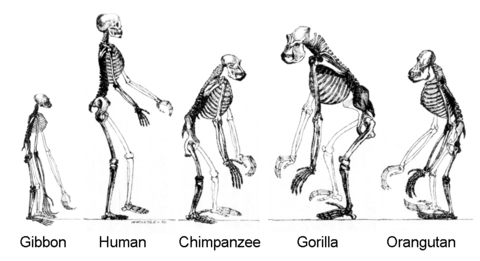There are grounds for optimism about the future of physician-owned practices as seen in the AMA’s most recent Physician Practice Benchmark Survey, says Aledade co-founder and CEO Farzad Mostashari, M.D., in a post in Healthcare Dive. Among his remarks:
“First, probably the most interesting quantitative and qualitative points of the report came in a section on hospital ownership. In 2014, the survey found that about a third of physicians were either directly employed by a hospital or in a hospital-owned practice. In 2016, that share had not changed.”
“Not only had the proportion of physicians in hospital employment flatlined, but the rate at which hospitals were buying up practices had slowed. In 2014, 24.5% said that a hospital had purchased their practice in the past five years. In 2016, that dropped to 21%.”
“Hospital acquisitions have flatlined. Most physicians are working in small practices. Physician ownership is still the dominant model. And this is good news for our healthcare system’s movement to a value-based payment future.”
“Small, physician-owned practices offer more personalized care and are more responsive to patient needs. They have lower average costs per patient, fewer preventable hospital admissions, and lower readmission rates than large, hospital-owned practices. And primary care doctors can influence up to 85% of downstream costs in our nation’s healthcare system.”
“The simple fact is that the data from AMA shows that small, physician-owned practices are neither irrelevant nor are they going extinct. In fact, they’re in the best position for a new era of better healthcare at lower costs. ”
To read more, please hit this link.





